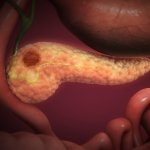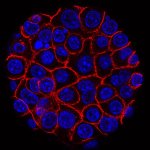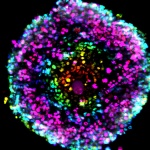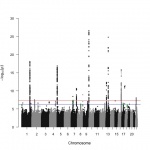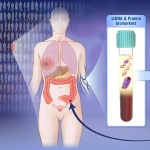
News • When painkillers won't help
A new approach to pancreas pain treatment
One of the worst symptoms associated with inflammation or cancer of the pancreas is severe chronic pain. Pancreatic pain is difficult to treat, because many painkillers prove ineffective in pancreatic patients. In a recent study, a team at the Technical University of Munich (TUM) discovered the cause of this phenomenon for the first time: a particular neuroenzyme in the body is present in the…



